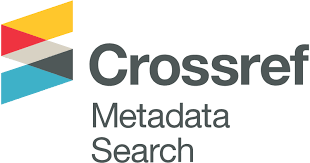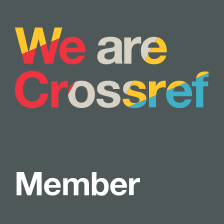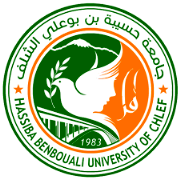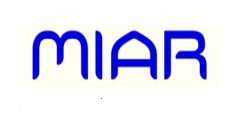Self-Regulated Learning According to Pintrich's Social-Cognitive Model
DOI:
https://doi.org/10.70204/jlt.v5i2.638Keywords:
Self-regulated learning, Pintrich's model, self-motivation, cognitive strategies, academic motivationAbstract
Self-regulated learning (SRL) is a process through which learners actively take charge of their own learning by setting goals, monitoring their progress, and applying appropriate strategies. It involves a dynamic interaction of cognitive, motivational, and behavioral components that work together to enhance learning outcomes. One of the most influential frameworks for understanding SRL is Pintrich’s model, which identifies four key phases: planning, performance monitoring, self-motivation, and reflective thinking. These components aim to foster learner autonomy and improve academic performance. The aim of this study is to explore how effectively Pintrich’s model of self-regulated learning can be applied in diverse educational contexts, with particular attention to the role of environmental and cultural factors. While the model offers a comprehensive approach to developing independent learning skills, its practical implementation raises important questions, especially in multicultural or resource-constrained settings. This study investigates the extent to which cultural norms, classroom environments, and institutional practices influence the success of SRL strategies. Understanding these contextual variables is essential for adapting SRL models to meet the specific needs of varied learner populations. Ultimately, the research seeks to contribute to a deeper understanding of how self-regulated learning can be effectively supported and fostered in real-world educational settings, thereby helping educators create more inclusive and effective learning environments.














